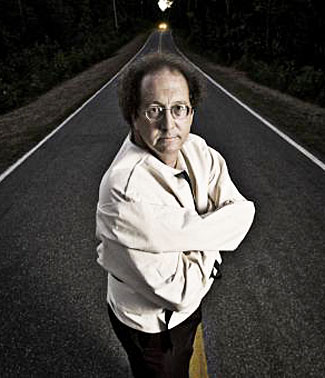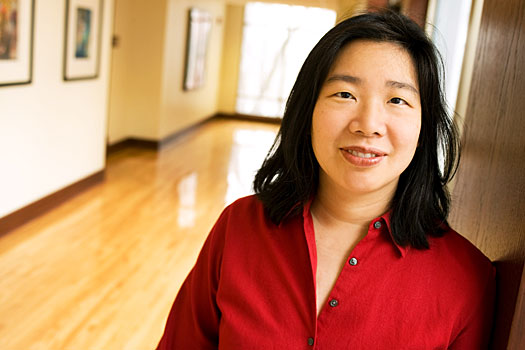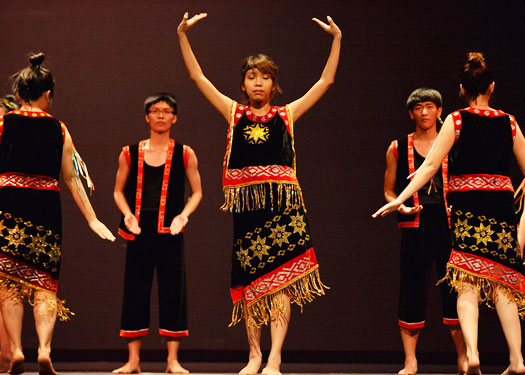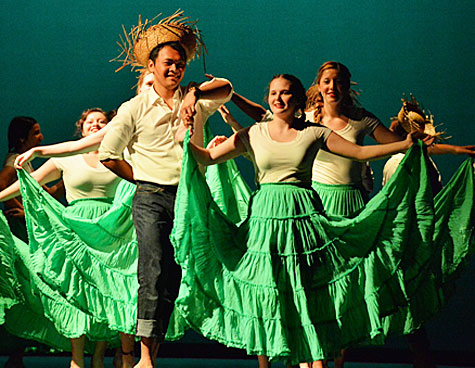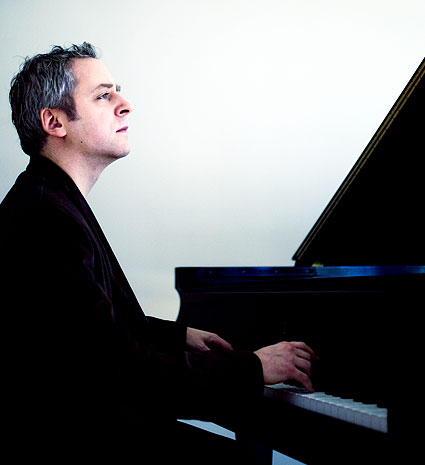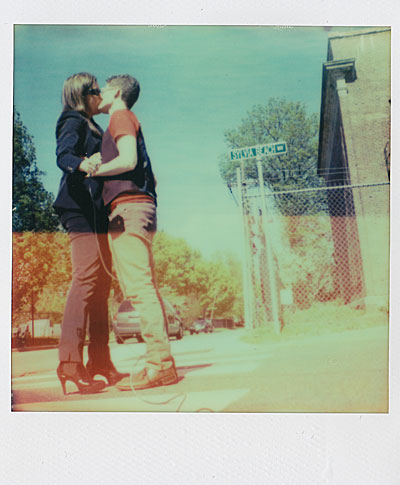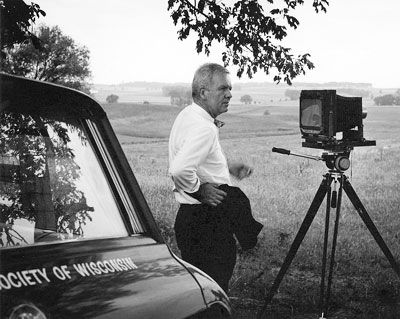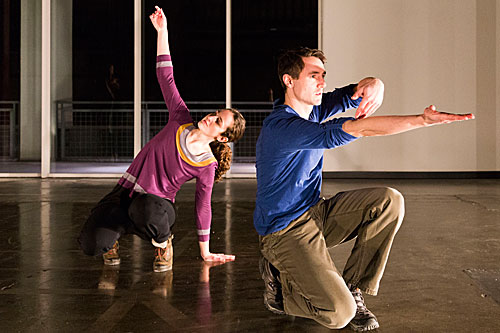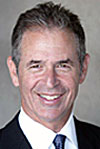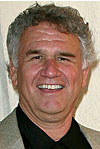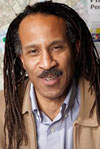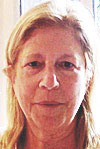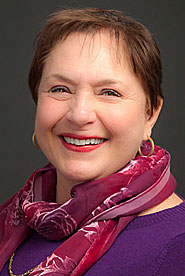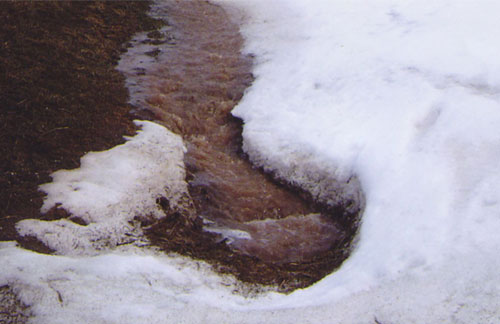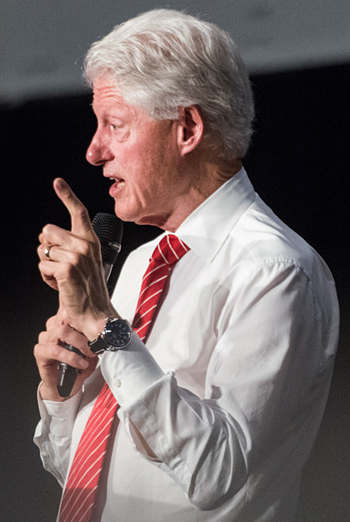If you enjoy opera, you’ll love Lawrence Brownlee. If you don’t, he may turn you into a convert.
With effortless sound and sparkling diction, Brownlee brings his powerful and agile tenor voice to the Lawrence Memorial Chapel stage Saturday, April 16 at 8 p.m. in the latest Lawrence University’s Artist Series concert.
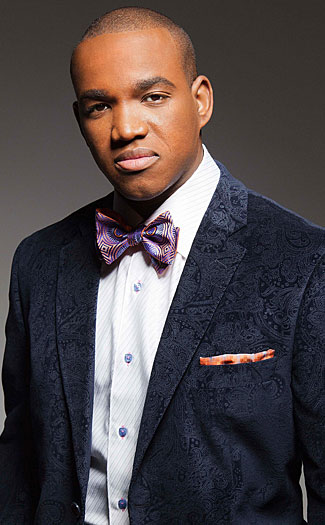
Tickets, at $25/$30 for adults, $20/$25 for seniors and $18/$20 for students are available through the Lawrence Box Office, 920-832-6749.
While performing opposite the leading ladies of contemporary opera, Brownlee has established himself as a star on the international scene. He has dazzled audiences in nearly every major theater in the world and enjoys a relationship with many prominent conductors and symphony orchestras.
Since being named Grand Prize winner of the 2001 Metropolitan Opera National Council auditions, the Associated Press has named him one of “the world’s leading bel canto tenors.” National Public Radio hailed his voice as “an instrument of great beauty and expression.” In 2006, Brownlee was named the winner of the prestigious Marian Anderson Vocal Award.
“Lawrence Brownlee is, without exaggeration, a phenomenon in today’s operatic world,” said Joanne Bozeman, a voice instructor in Lawrence’s conservatory of music. “With all due respect to other fine tenors, I don’t believe anyone currently matches him in the high-flying bel canto repertoire. NPR Music’s Tiny Desk Concert of Mr. Brownlee singing spirituals is a great way to sample what he will bring to the chapel stage as an equally phenomenal recitalist.”
Brownlee’s operatic highlights include: “La Cenerentola” in Milan, Houston, Philadelphia and the Metropolitan Opera; “L’italiana in Algeri” in Milan, Dresden, Boston and Seattle; and the title role in the 2015 world premiere of Daniel Schnyder’s “Charlie Parker’s Yardbird,” a work written specifically for him, at the Opera Philadelphia.
Brownlee’s discography boasts the Grammy Award-nominated “Virtuoso Rossini Arias,” a testament to his broad impact in the classical music genre. He also has contributed several opera and concert recordings, among them “Armida” at the Metropolitan Opera and “Carmina Burana” with the Berlin Philharmonic.
In 2013, Brownlee released a collection of African-American spirituals entitled “Spiritual Sketches” with pianist Damien Sneed, which the pair performed at Lincoln Center’s American Songbook series. In a review of the album, NPR it as “soulful singing” that “sounds like it’s coming straight from his heart to yours.”
An avid salsa dancer and photographer, often taking portraits of his on-stage colleagues, Brownlee is a die-hard football fan and has treated many NFL audiences to his rendition of the national anthem.
A native of Youngstown, Ohio, Brownlee earned a bachelor’s degree from Indiana’s Anderson University and a graduate degree from Indiana University’s Jacobs School of Music.
About Lawrence University
Founded in 1847, Lawrence University uniquely integrates a college of liberal arts and sciences with a nationally recognized conservatory of music, both devoted exclusively to undergraduate education. It was selected for inclusion in the book “Colleges That Change Lives: 40 Schools That Will Change the Way You Think About College” and Fiske’s Guide to Colleges 2016. Engaged learning, the development of multiple interests and community outreach are central to the Lawrence experience. Lawrence draws its 1,500 students from nearly every state and more than 50 countries.
